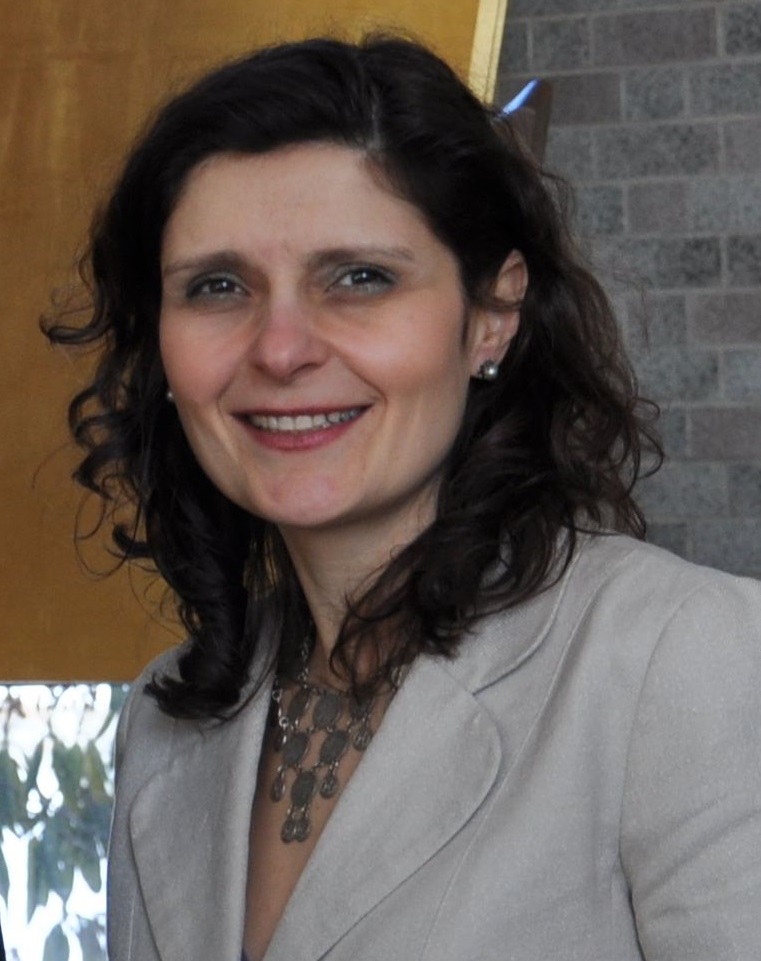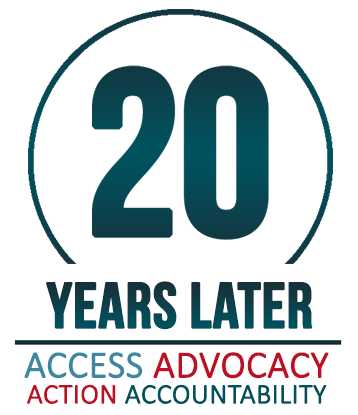Caring for Cancer Survivors: A Primary Care Physician’s Perspective on the Last Twenty Years and the Road Ahead
| This post is part of our 20 Years Later blog series which examines progress in advancing the principles in the 1995 NCCS publication Imperatives for Quality Cancer Care: Access, Advocacy, Action, and Accountability (Imperatives), this month we will look at the ninth principle of Imperatives: “The responsibility for appropriate long-term medical care must be shared by cancer survivors, their families, their oncology team, and primary care providers.” |

Post by Larissa Nekhlyudov, MD, MPH, Associate Professor, Harvard Medical School
Over the past twenty years, the number of cancer survivors has grown substantially. Survivors are also living longer, getting older, and have numerous medical conditions that require attention. While survivors typically receive general medical care in primary care settings, the role of primary care providers (PCPs) in the long-term follow up of survivorship needs is now being emphasized. This focus was highlighted by the 2005 Institute of Medicine (IOM) report which—in addition to echoing many of the points outlined in the Imperatives—found that survivors are often “lost in transition” and do not get quality comprehensive care.
The past twenty years have produced important research findings supporting PCPs’ role in caring for cancer survivors. When survivors see PCPs, they are more likely to get preventive care and follow-up for non-cancer-related medical conditions. During treatment, PCPs are more likely than oncologists to manage chronic pain, to address psychosocial concerns, and to refer appropriately patient to hospice. When seen by both oncology specialists and PCPs, survivors get more comprehensive care, though they are at risk of having care that is redundant and uncoordinated and potentially more time-consuming and costly.
Research suggests that PCPs would like to care for survivors but lack the knowledge and confidence in their skills to monitor for recurrences and late effects of treatment. Survivors value the general medical care they receive from PCPs but also question their understanding of cancer-related needs.
In order to overcome the challenges of transitioning from oncology to primary care, enhance the quality of information about long-term follow-up, and streamline care coordination, the IOM and others have advocated for the use of survivorship care plans. Such documents, ideally arising from a survivorship care planning “process,” summarize the treatment received and outline a tailored follow up plan.
This document is akin to a hospital discharge summary that helps transition patients from inpatient to outpatient care. Unfortunately, the implementation of survivorship care plans has lagged since being proposed a decade ago, though with the upcoming mandate, should become a new standard in oncology care in the years to come. Further, there has been a growing effort to develop survivorship guidelines and educational programs for both PCPs and oncologists. Such guidelines, educational programs, and survivorship care plans will no doubt provide PCPs with much needed (and desired) guidance on how best to approach caring for long-term survivors.

Read more posts from our “20 Years Later” series and join the conversation by sharing and leaving comments.
During these twenty years, there has been tremendous progress in cancer survivorship research and clinical care, with a growing awareness of the important role PCPs play. Yet there are still challenges to overcome. Cancer survivorship begins with diagnosis and treatment, and we have to address how to integrate PCPs and optimize their role during this critical time.
We need to identify those survivors who may fully transition to PCPs after treatment and prepare them for the process. For others who may need intermittent or ongoing oncology care, we should develop clear paths of communication and use information technology to help coordinate care. Despite competing demands, it is essential that medical school, residency training, and continuing medical education curricula incorporate topics in cancer survivorship.
Working together with our oncology colleagues, patients, and their families, we will continue to improve the quality of care along the cancer continuum. Here’s to the next decade!
About the Author: Dr. Nekhlyudov is an Associate Professor in the Department of Population Medicine at Harvard Medical School and a general internist at the Brigham & Women’s Hospital in Boston, MA. She is particularly interested in improving the care of cancer survivors and the interplay between primary and oncology care. Over the past decade, she has been at the forefront of the notable progress made in the area of cancer survivorship, including the development of survivorship care policies, clinical guidelines and educational programs. Dr. Nekhlyudov founded www.cancerpcp.org, a cancer survivorship resource for primary care providers.
The views & opinions expressed in any guest post featured on our site are those of the guest author and do not necessarily reflect the opinions & views of the National Coalition for Cancer Survivorship.
Read our blog and comment policies here.




